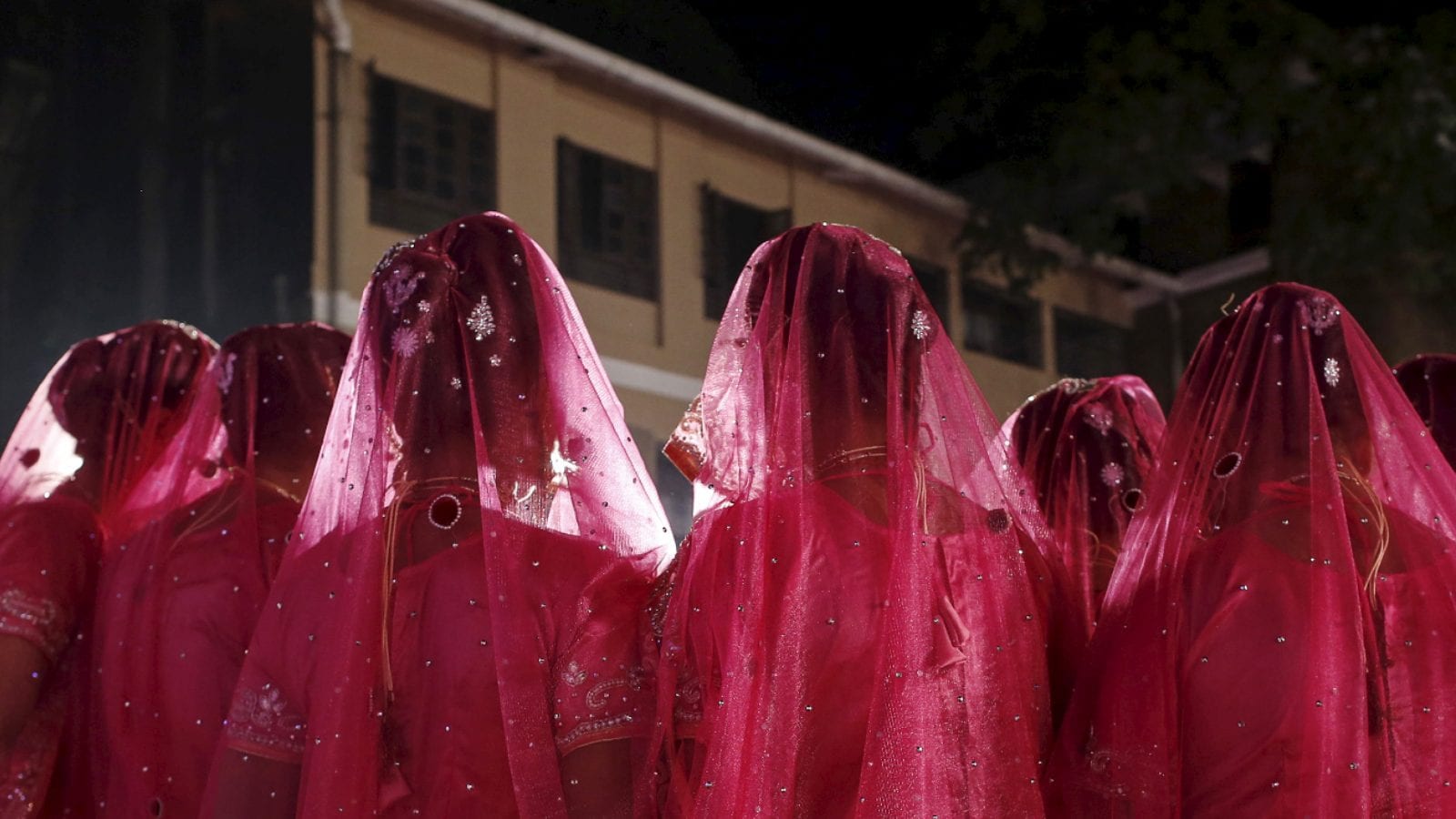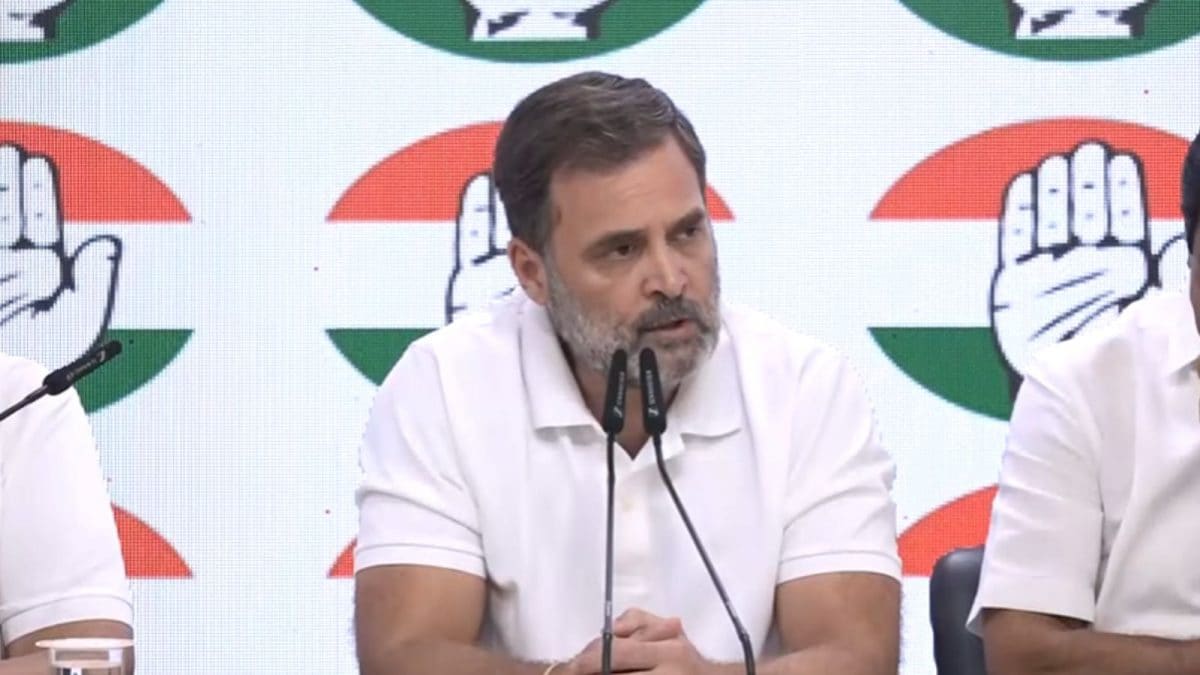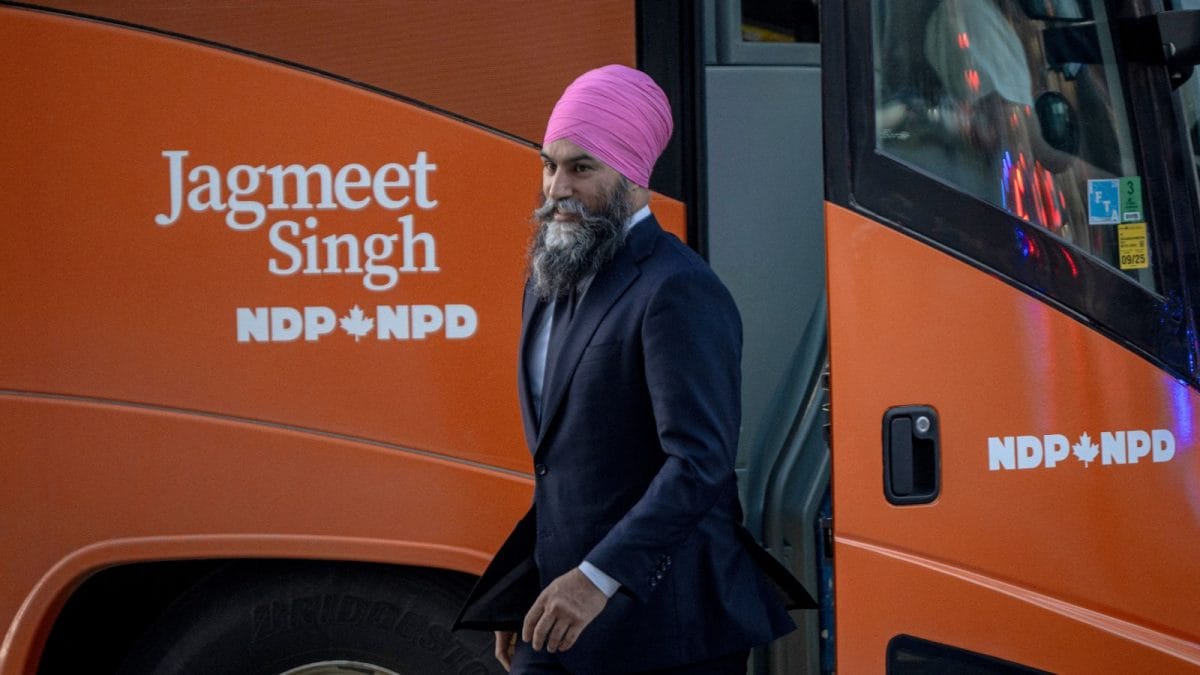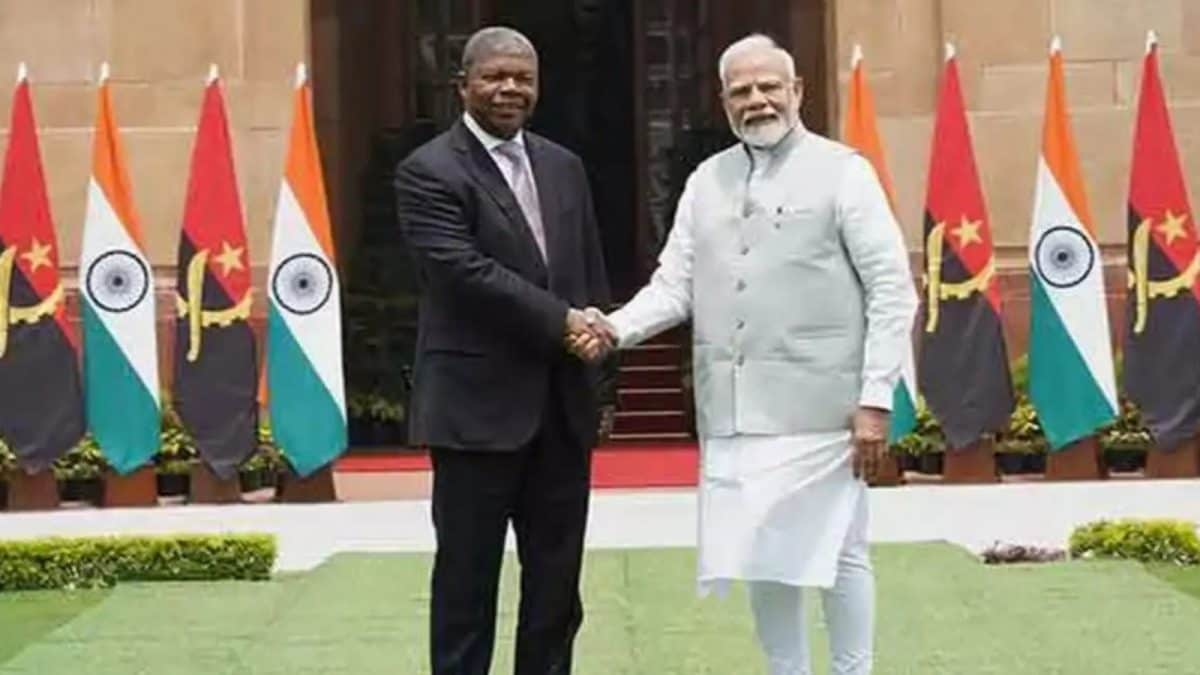Why Criminalising Early Marriage Will Do More Harm than Good

Questions pertaining to increasing the age of marriage for girls have been in the collective conscious of young people since last year when the Prime Minister announced this possible amendment during his Independence Day speech. The move has received praise from several quarters as it will ‘give more time to girls for their education’. This is a simplistic argument because time alone will not automatically translate into girls attending schools and colleges.
Various factors like multidimensional poverty, lack of opportunity and safe schools, along with gender norms which do not treat girls as equals, affect their education. The Prohibition of Child Marriage (Amendment) Bill, 2021 which seeks to make an amendment to the 2006 Act has now been sent to a Parliamentary Standing Committee for discussion. Though all of us believe that girls should marry late, a change in law will do more harm than good.
Pushing Marriages Underground
Early marriage in India is the result of several deep-rooted social norms, such as the belief that a woman’s honour can be protected only if she is married, and that marriage will keep her safe from sexual violence, prevent elopement, and ensure lower dowry. These deep-rooted norms are unlikely to shift by raising the minimum age. Consequently, the families of 63 per cent of women in India who get married under the age of 21, most of whom belong to poor and marginalised communities, will become criminals overnight with the introduction of this move.
Without working on the root cause of early marriage, criminalising them will lead to marriages going underground. This can impede access to maternity services, contraceptives or other sexual and reproductive health services (SRHR) in a country where pre-marital sex is still a taboo. Such a step will be counter-productive to the health of women and girls, considering that is one of the rationale of the amendment. This will also hamper access to rights and entitlements of married girls including the right to property and maintenance.
ALSO READ | Raising Legal Marriage Age for Women is Not the Silver Bullet for India’s Child Marriage Problem
Girls Need Enabling Environment
Society will not become gender equal by just bringing the age of marriage of both boys and girls on a par without empowering girls. One of the biggest reasons for early marriage is school dropouts. The Indian school system can be a hostile and unwelcoming space for a girl child—from lack of clean toilets and menstrual hygiene to sexual harassment, to de-prioritisation of girls’ education. According to the National Family Health Survey-4, girls with more than 12 years of schooling marry five years later than those with less than five years of schooling. Focusing on improving girls’ access to education—especially from marginalised communities—would go a long way in organically increasing the age of marriage.
Further, skilling and employment opportunities allow girls to become economically empowered, and shifts the perception that women are ‘financial burden’ who need to be married off. It gives girls and young women greater opportunities to negotiate their lives and their marriages. Creating an enabling environment to reduce the incidence of early marriage is much more rewarding than creating a punitive policy that could criminalise millions.
The above stated harms should make a compelling case for why we should rethink this change in the age of marriage for girls. However, one critical question still remains while the country debates the move—did we ask the girls? And more importantly, isn’t deciding when girls should marry counter-intuitive to an amendment which seeks to make girls self-reliant? Jaya Jaitly, the head of the taskforce committee which submitted a report to the government on the issue this year, remarked that 15 NGOs and 16 universities have supported this decision. But university students are already in the higher education system and might not be the most marginalised or amongst those who would be most affected by this decision.
There is a need to have these conversations at the grassroot where awareness of a law (or its change) does not percolate. During our ground-level campaign at Oxfam India, we found that young people have strong opinions on the issue and can understand the nuances or potential harms as a result of this amendment. There is a dire need to involve them when we make decisions for them.
The author is Programme Coordinator – Gender Justice at Oxfam India. The views expressed in this article are those of the author and do not represent the stand of this publication.
Read all the Latest News, Breaking News and Coronavirus News here.
Source link






